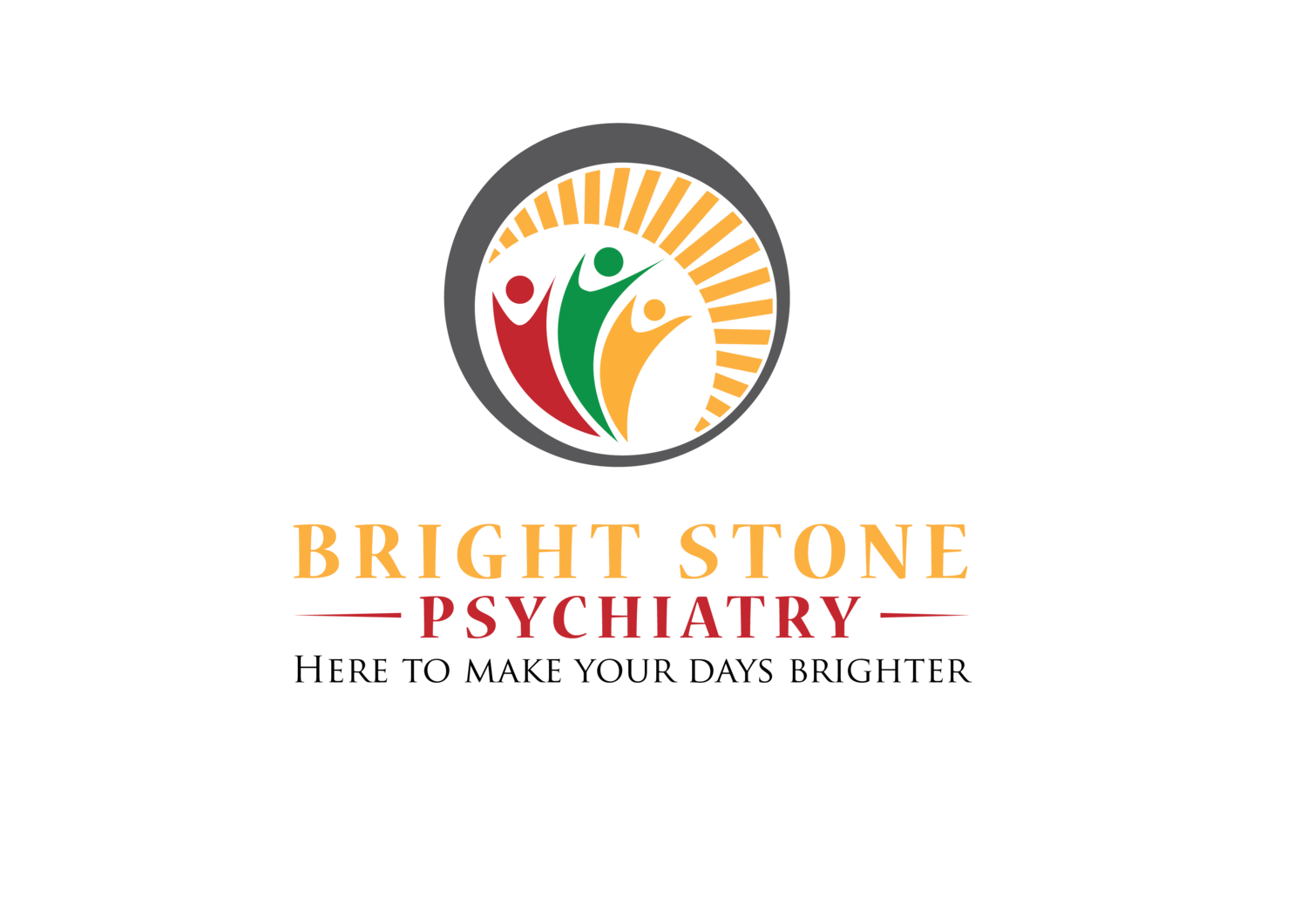Understanding ADHD: Types, Symptoms, Treatments, and Support
Attention Deficit Hyperactivity Disorder (ADHD) is a neurodevelopmental disorder characterized by inattention, hyperactivity, and impulsivity. It affects both children and adults and can significantly impact daily functioning and quality of life. This article aims to provide an overview of ADHD, its types, symptoms, treatments, coping strategies, and ways loved ones can offer support.
What is ADHD?
ADHD is a chronic condition that involves a combination of persistent problems, such as difficulty sustaining attention, hyperactivity, and impulsive behavior. It is one of the most common neurodevelopmental disorders in children and often continues into adulthood.
Types of ADHD
ADHD is categorized into three types based on the predominant symptoms:
Predominantly Inattentive Presentation: Characterized mainly by inattention and distractibility without significant hyperactive or impulsive behavior.
Predominantly Hyperactive-Impulsive Presentation: Marked by hyperactivity and impulsivity without significant inattention.
Combined Presentation: A combination of inattentive and hyperactive-impulsive symptoms.
Symptoms of ADHD
ADHD symptoms can vary but often include:
Inattention:
Difficulty sustaining attention in tasks or play activities
Frequent careless mistakes in schoolwork or other activities
Often seems not to listen when spoken to directly
Trouble organizing tasks and activities
Avoidance of tasks requiring sustained mental effort
Frequently losing items necessary for tasks and activities
Easily distracted by extraneous stimuli
Forgetfulness in daily activities
Hyperactivity and Impulsivity:
Fidgeting with hands or feet or squirming in seat
Inability to stay seated in situations where it is expected
Running or climbing in inappropriate situations
Inability to play or engage in activities quietly
Excessive talking
Blurting out answers before questions are completed
Difficulty waiting for one’s turn
Interrupting or intruding on others
Treatments for ADHD
Effective treatments for ADHD are available and can significantly improve symptoms. These include:
Behavioral Therapy: Techniques to teach children and adults to manage their behavior and cope with ADHD symptoms.
Medications: Stimulant and non-stimulant medications can help control symptoms and improve focus, attention, and impulsivity.
Parent Training and Education: Programs that help parents learn strategies to manage their child’s behavior.
Educational Support: Tailored education plans and accommodations in school can help children with ADHD succeed academically.
Coping with ADHD
Managing ADHD involves adopting effective coping strategies, such as:
Creating a Routine: Consistent schedules and routines can help maintain focus and organization.
Using Tools and Apps: Reminders, calendars, and organizational tools can assist with time management and task completion.
Breaking Tasks into Smaller Steps: This makes tasks more manageable and less overwhelming.
Exercising Regularly: Physical activity can help reduce hyperactivity and improve concentration.
Practicing Mindfulness and Relaxation Techniques: These can help manage stress and improve attention.
Supporting a Loved One with ADHD
If you have a loved one with ADHD, you can support them by:
Being Patient and Understanding: Recognize that ADHD is a medical condition and not a choice.
Encouraging Professional Help: Suggest seeking therapy, medical advice, or educational support.
Learning About ADHD: Educate yourself about the condition to better understand their experiences.
Providing Positive Reinforcement: Praise efforts and successes to build self-esteem and motivation.
Helping with Organization: Assist in creating organizational systems and routines.
Conclusion
ADHD is a common neurodevelopmental disorder, but with proper understanding, support, and treatment, individuals can manage their symptoms effectively. By recognizing the types, symptoms, and available treatments, individuals and their loved ones can take the necessary steps towards better management and a higher quality of life. If you or someone you know is struggling with ADHD, reaching out for professional help is a crucial first step towards effective management.
